It's October 8, 1977, the host is Madeline Kahn and the musical guest is Taj Mahal

Here's some stuff that happened in the past
When I was twelve years old, I remember being slightly confused by Saturday Night Live sketches involving Jon Lovitz’s parody of Harvey Fierstein. Fierstein was an incredibly obscure choice for a mainstream monolith like Saturday Night Live to spoof, but the genius of Lovitz’s impression is that you did not need to know who Fierstein was to find him funny.
Fierstein was like any other recurring character except that he was a real person and a genuine homosexual. As a child, that was not something I was used to seeing on television.
I mention this because one of the more befuddling sketches in Madeline Kahn’s second episode as host finds the beloved actress, singer, and comedienne playing Bianca Jagger.
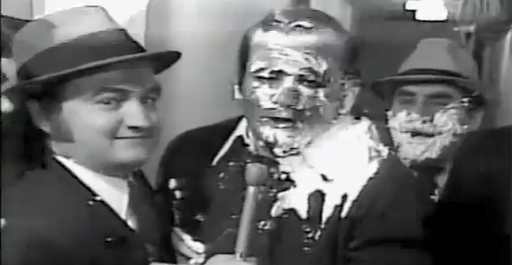
Does Kahn sound like Jagger? Is she able to replicate her cadences and vocal tics? Does she capture her essence? I have no idea because I only have a vague sense that Jagger was a gorgeous super-model who married and procreated with a rich, gorgeous rock star because that’s what supermodels do. It’s their solemn obligation.
A sketch that was timely forty-seven years ago is infinitely dated today because Jagger has faded from the public eye.
The Cold Open offers an alternate version of Lee Harvey Oswald’s murder in which everything is silly and slapstick instead of tragic and of lasting importance.
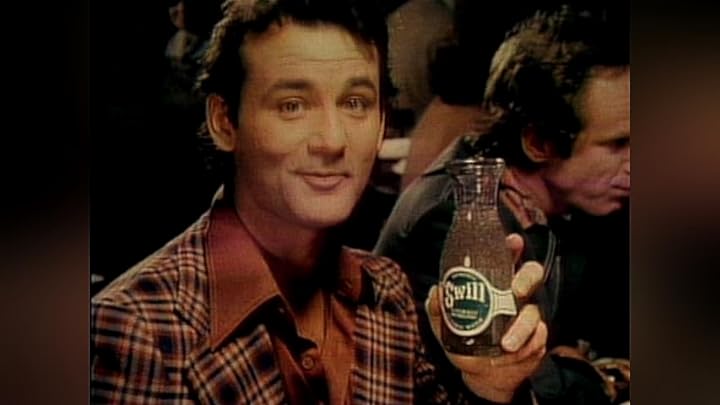
Bill Murray plays Oswald getting a pie in the kisser rather than a bullet to the brain. In a pointless coincidence, Bill Murray’s older brother Brian-Doyle Murray played Jack Ruby in JFK. There’s just something about the Murray boys and one of our nation’s darker days.
In her monologue, Kahn discusses the unknown and how Saturday Night Live epitomizes the thrill and danger of the unknown because you never know what you are going to get. Depending on the week and the host, it could be a masterpiece of penetrating satire or a sorry, pandering exercise in prolonged adolescence like the Hugh Hefner and O.J. Simpson episodes from this season.
Lorne Michaels is one of the most powerful men in the history of American comedy because he found a way to make a live, ninety-minute sketch comedy show with a different host and musical guest, every episode largely devoid of surprises, welcome or otherwise.
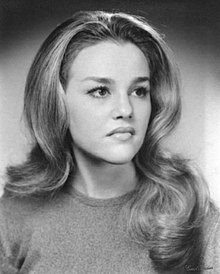
My job here would be easier and more fun if Michaels’s instincts weren’t so solid and safe. Considering the variables at play with each episode, it’s amazing that there isn’t an Adrien Brody with dreadlocks/Ashlee Simpson lipsyncing kerfluffle every couple of episodes.
There are at least two exciting moments of un-Saturday Night Live spontaneity here. Michaels returns in his role as the Boss/Wizard of Oz to encourage viewers to enter a contest to host the show that was eventually won by an old woman named Miskall Spillman, whom we’ll be meeting shortly.
Michaels is clearly reading from cue cards yet he stumbles over his lines all the same. There’s something strangely humanizing about seeing such a powerful figure screw up.
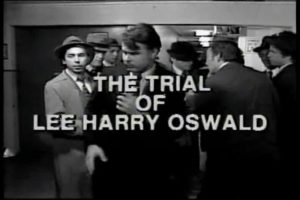
Dan Aykroyd was a comedy machine with a photographic memory and peerless ability to rattle off massive bursts of intricate verbiage. But he also seems to have been promoted to “Weekend Update” co-anchor against his will.
Like Peter Sellers, Aykroyd delighted in playing kooky and outrageous characters and hated playing himself. That explains why his “Weekend Update” stint got off to such a rough start.
Aykyroyd is particularly shaky here. After one blunder, he expresses only a semi-ironic desire to go home without mangling the news anymore. He held himself to such exacting standards that you could see the hurt and disappointment on his face when he fell short.
As “Weekend Update” anchor, Chase had something that Curtin and Aykroyd did not: confidence that veers into outright arrogance. Chase loved doing “Weekend Update” because it was his personal kingdom and made him a household name seemingly overnight. The same is true of the cold open.
“Silver Balls & Golden Pins” is a wildly self-indulgent, possibly/probably cocaine-inspired sketch in which Bill Murray plays a preacher who speaks exclusively in bowling metaphors while Kahn sings with her body painted gold in imitation of a bowling trophy.
Kahn later plays straight woman, no pun intended, to Dame Edna Everage. In a development both surprising, Barry Humpries, the actor who made a good living dressing up like a woman, turned out to be extremely transphobic.
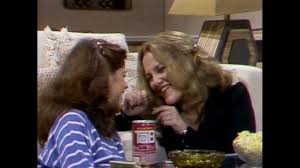
The episode hits its apex with “Women’s Secrets.” It’s another Mary Suzanne Miller special about two very real, very multi-dimensional women who are also extremely drunk while they discuss men and the horrors of dating.
It’s a goddamn shame that Donald Trump will live to be a hundred while Gilda Radner and Madeline Kahn, wonderful performers who made the world a better place, died young.
It’s too bad that Radner and Kahn never had an opportunity to play sisters or best friends because they had amazing chemistry. They were tiny, magical, pixie Jewish goddesses taken before their time.
Thankfully, Kahn and Radner worked together on Saturday Night Live in a way that challenged its old boys club. Half of the pleasure from “Women’s Secrets” comes from the palpable joy Kahn and Radner take in each other’s company.
Michaels was so confident in his cast and crew’s ability to put on a professional show regardless of host that he sought out a nobody as its most unusual host.
The unknown can be exciting as well as terrifying, which is why it’s great to have ringers like Kahn to depend upon.
You just read issue #67 of Every Episode Ever. You can also browse the full archives of this newsletter.
Add a comment: